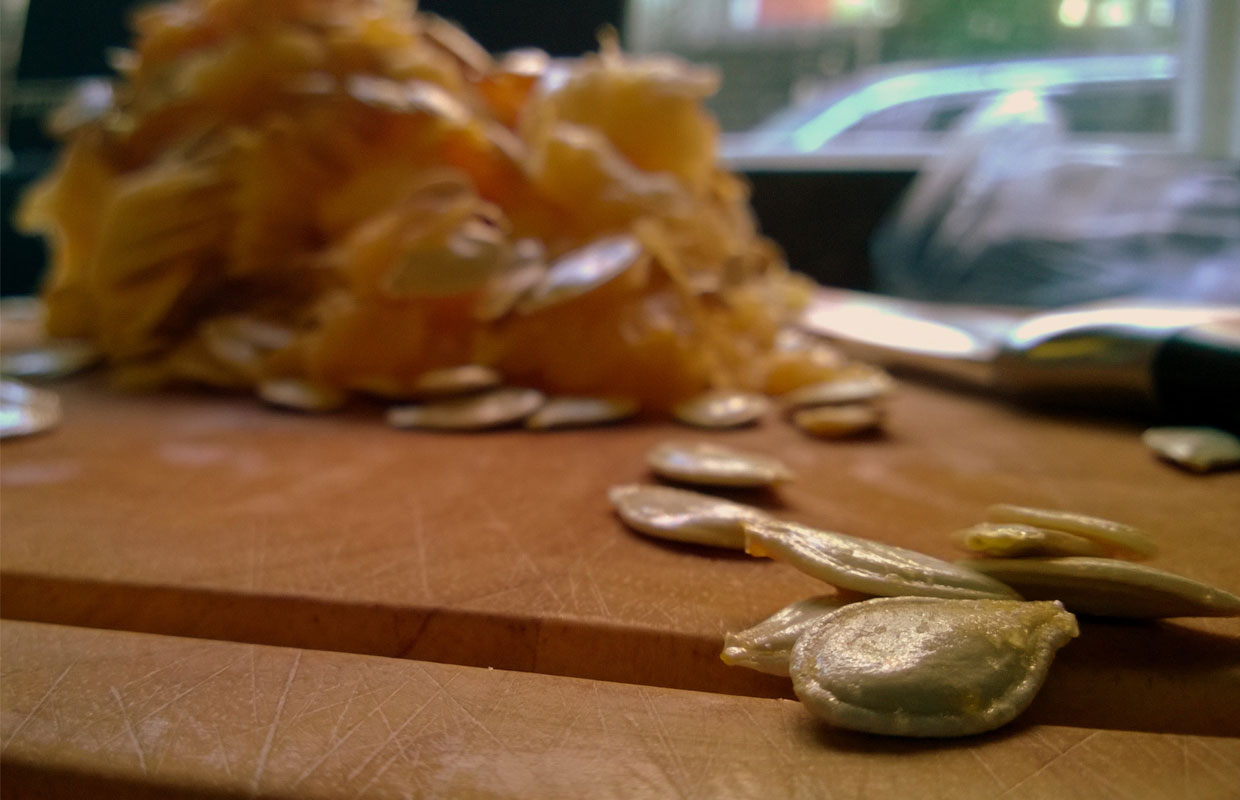
Politics
Republic of Georgia Decriminalizes Cannabis Cultivation
The former-Soviet Republic of Georgia has made massive strides on cannabis policy in recent months: The decriminalization movement has been active for years, but the legal process of decriminalizing possession and personal cultivation of cannabis only took about half a year.
Four years ago, Georgian artist, Beka Tsikarashvili, was arrested with a little over two ounces of cannabis — he would quickly become the poster child for the White Noise Movement, which pressured the government of Georgia to decriminalize until last week, when Georgia’s Constitutional Court delivered a verdict removing criminal penalties for cultivation of cannabis for only personal use, right on the heels of major legal reforms made around possession last winter.
David Subellanine, one of the leaders of the White Noise Movement, celebrated with an announcement on social media:
“Here we go – White Noise Movement won another Constitutional Complaint. Prison for growing weed not an option anymore!!!!! For now, this will be the case for plants in small size, but that’s just the beginning,” his post said. “In less than three years the White Noise Movement won three constitutional complaints. The current repressive system is breaking apart. Looking forward to entering into a post-criminalization phase which will be built on new, humane drug policy.”
Things really heated up late last year when Georgian courts ruled people previously locked up for smoking marijuana could not be arrested again for using the drug. Activists said that, as a result, more than 100 people imprisoned for possession have had their sentences commuted.
Still, after that case, Georgians were still facing penalties for possession and/or distribution of cannabis, ranging from a $200 USD fine to 11 years in prison. Critics said these penalties, along with an aggressive enforcement approach by the government, endangered people and did far more harm than cannabis itself.
Not long after that ruling, the Constitutional Court opened a case concerning the constitutionality of laws prohibiting cultivation: A case expected to take a couple months ended up taking seven, but in the end, Georgians were granted the legal right to cultivate up to nearly a half pound for personal use.
The court decided imprisonment for cultivation of personal amounts is unlawful, but retained penalties for cultivation of larger amounts (in excess of a half pound and change) including prison time.
Even more changes can be expected: The court said the 11-year prison term that comes with a charge of cultivating more than the limit is “obviously not proportional.”
Tom Angell, Chairman of Marijuana Majority, said the ruling represents global momentum for the decriminalization movement.
“This ruling, combined with other recent developments toward legalization in Canada and the beginning of legal sales in Uruguay this week, shows that the growing number of U.S. states enacting new marijuana laws are not outliers,” he said. “Cannabis law reform is a global phenomenon that is rapidly gaining momentum. Different jurisdictions are enacting diverse changes for a variety of reasons specific to the concerns of people who live there, but the worldwide trend is unmistakable.”
TELL US, do you feel global momentum is building towards legalization or decriminalization?























